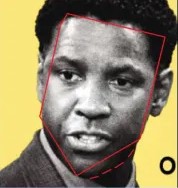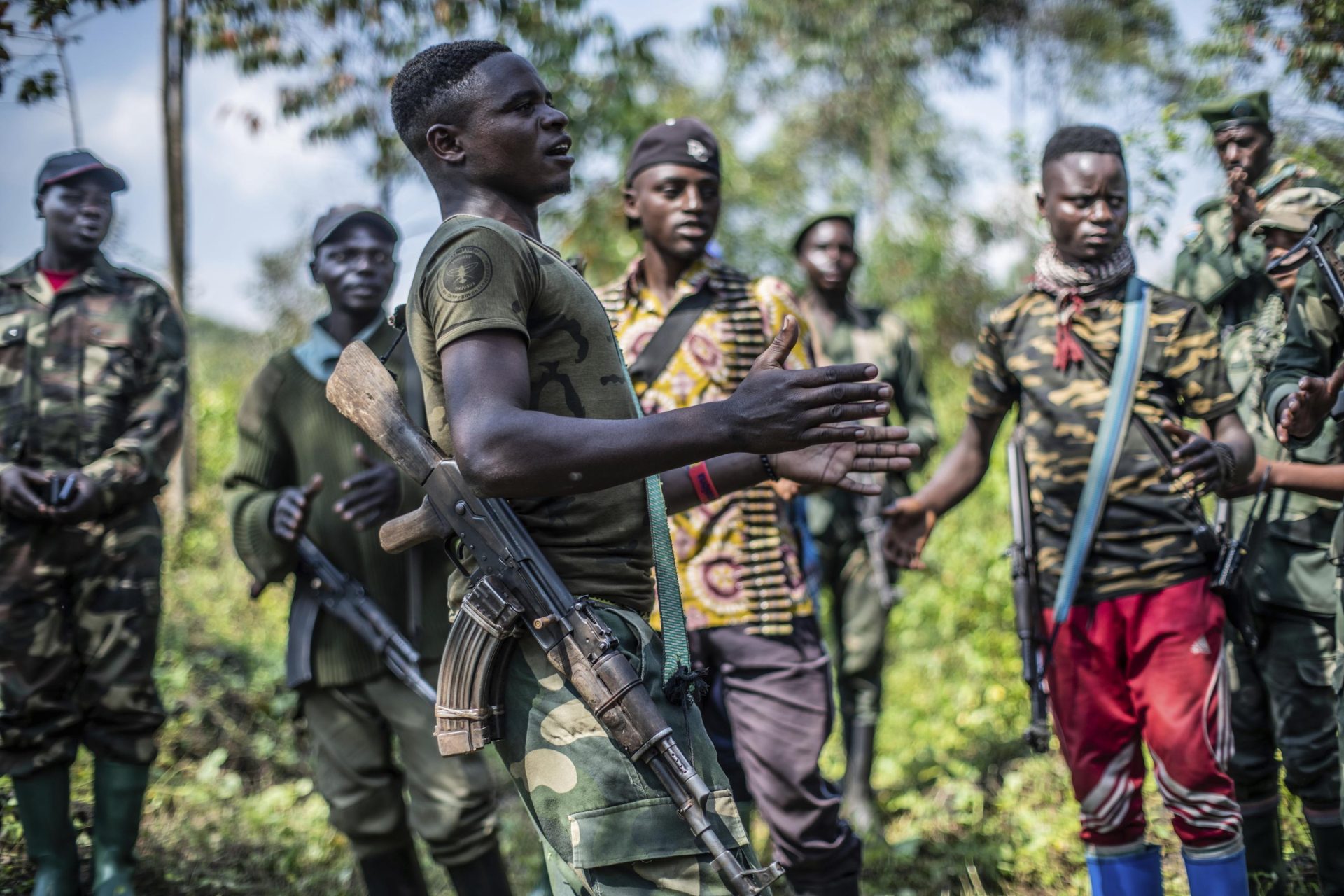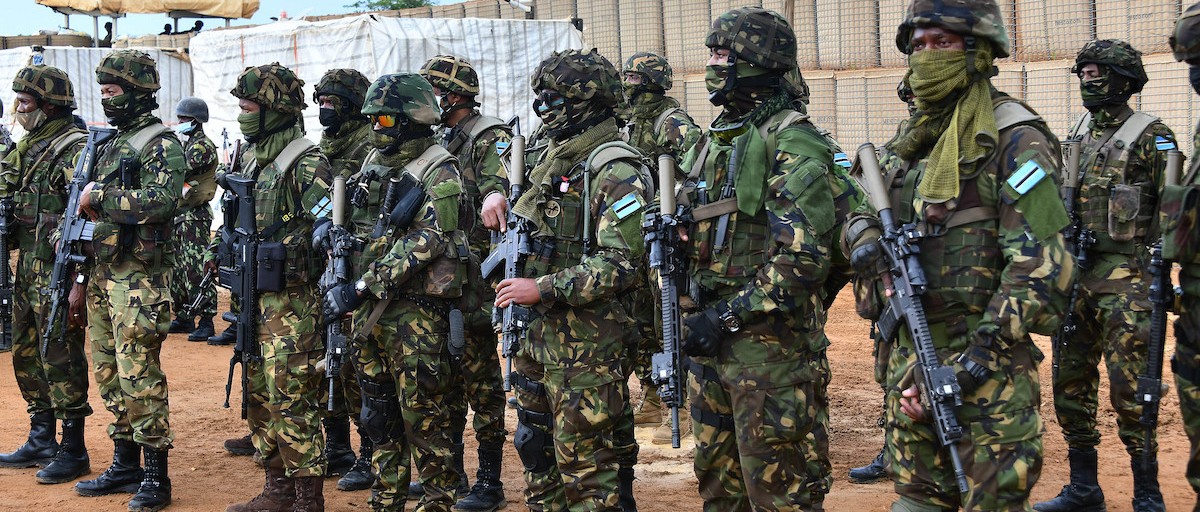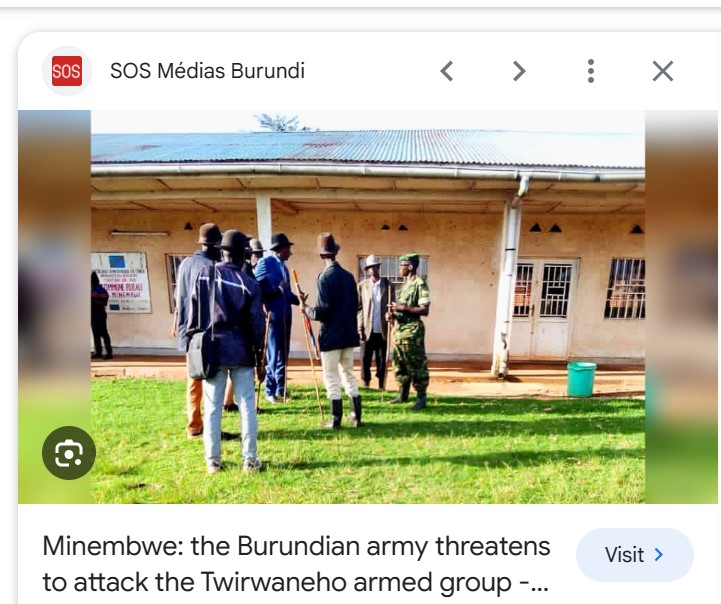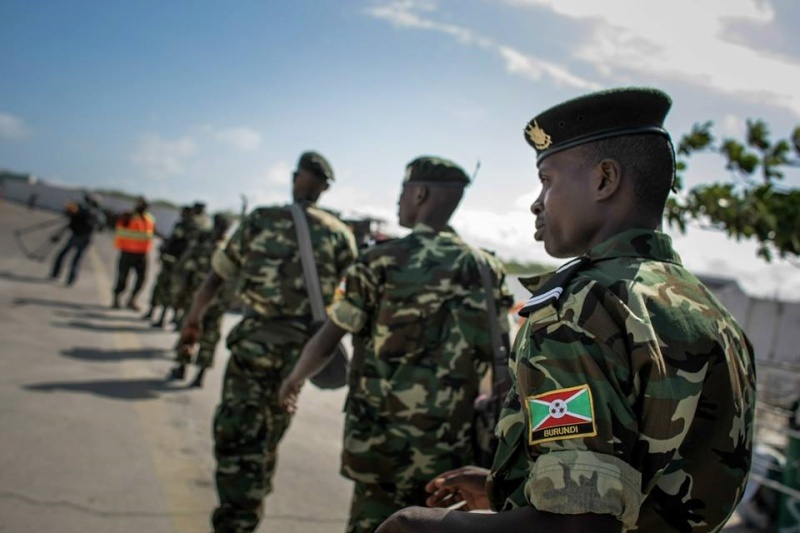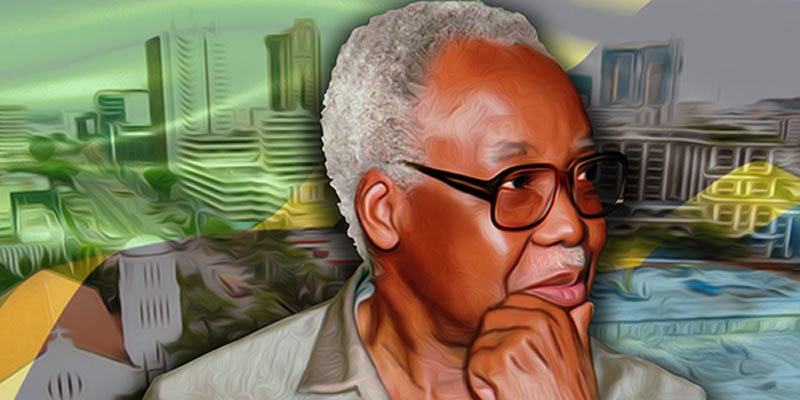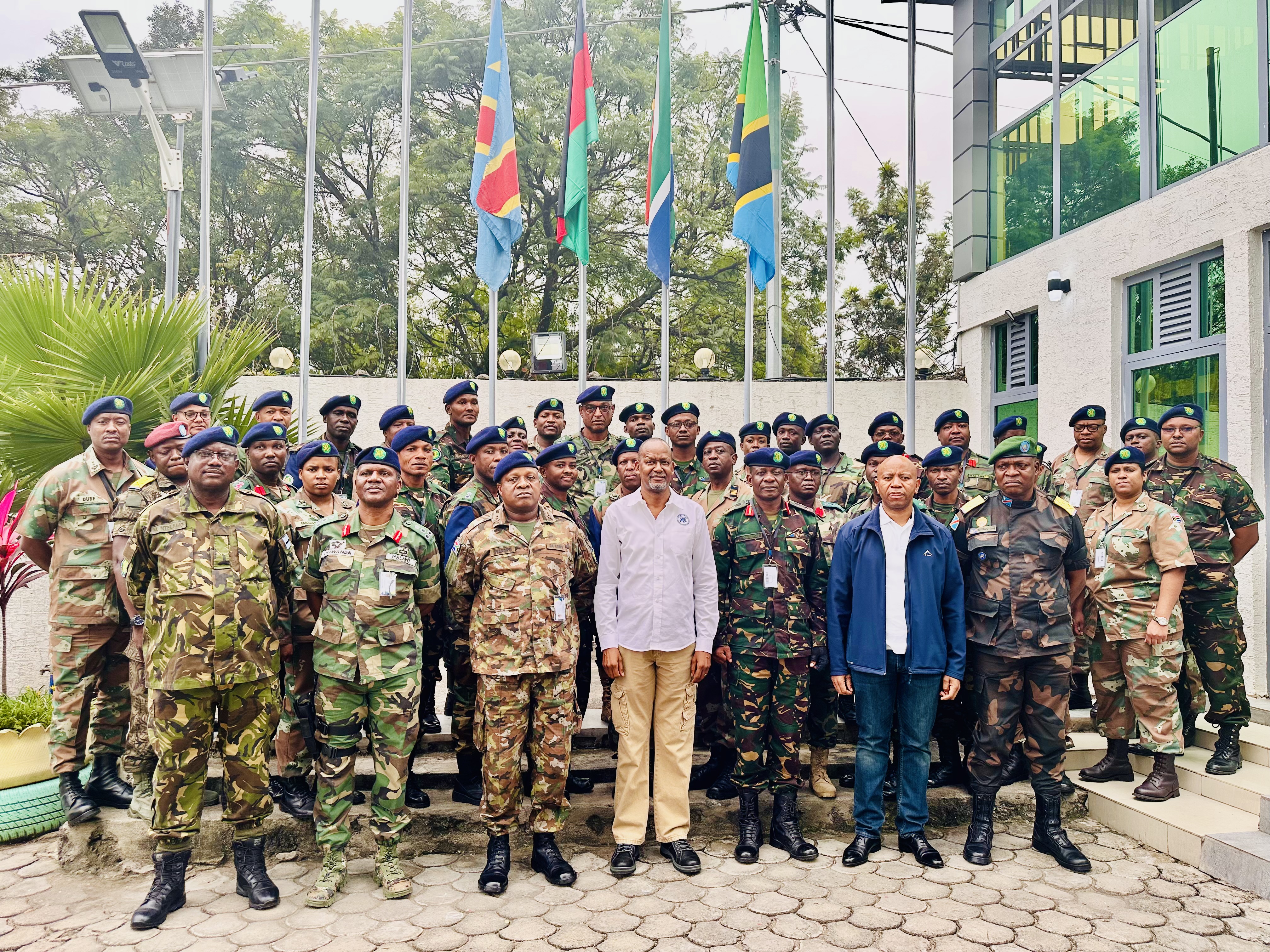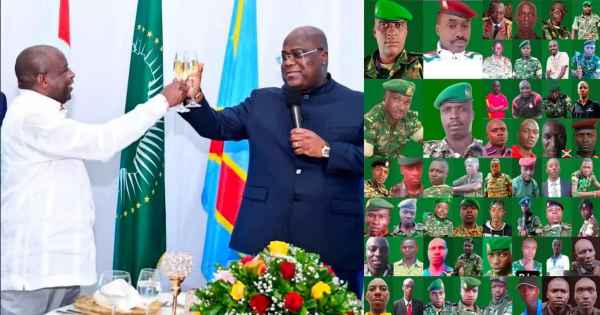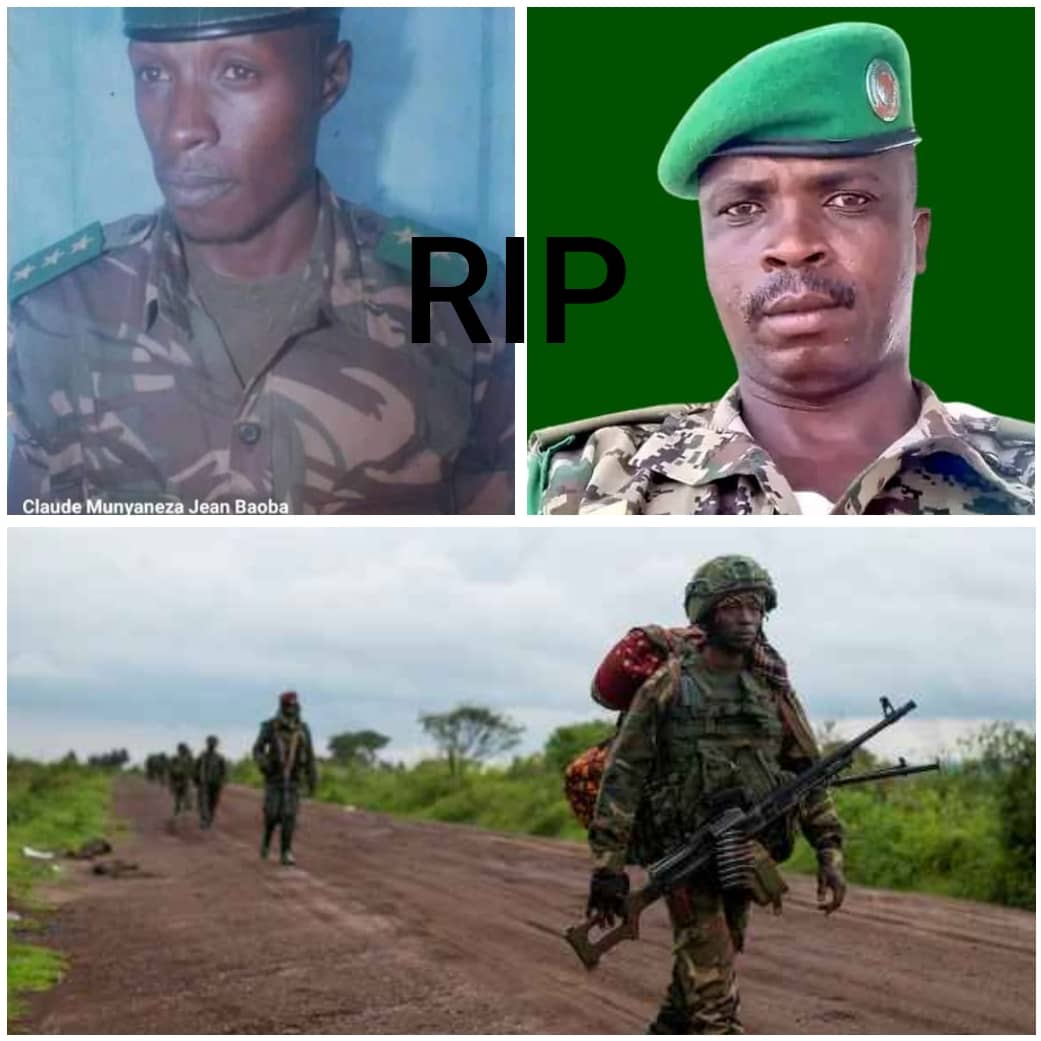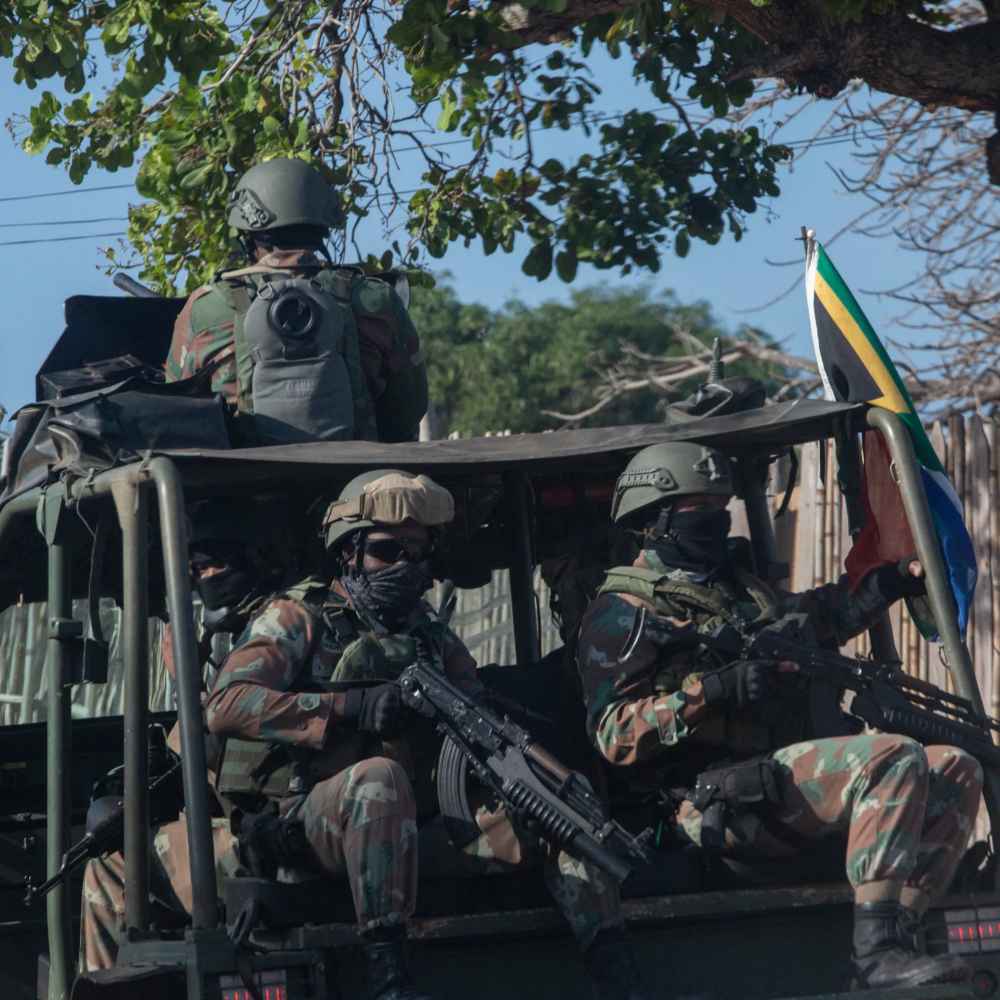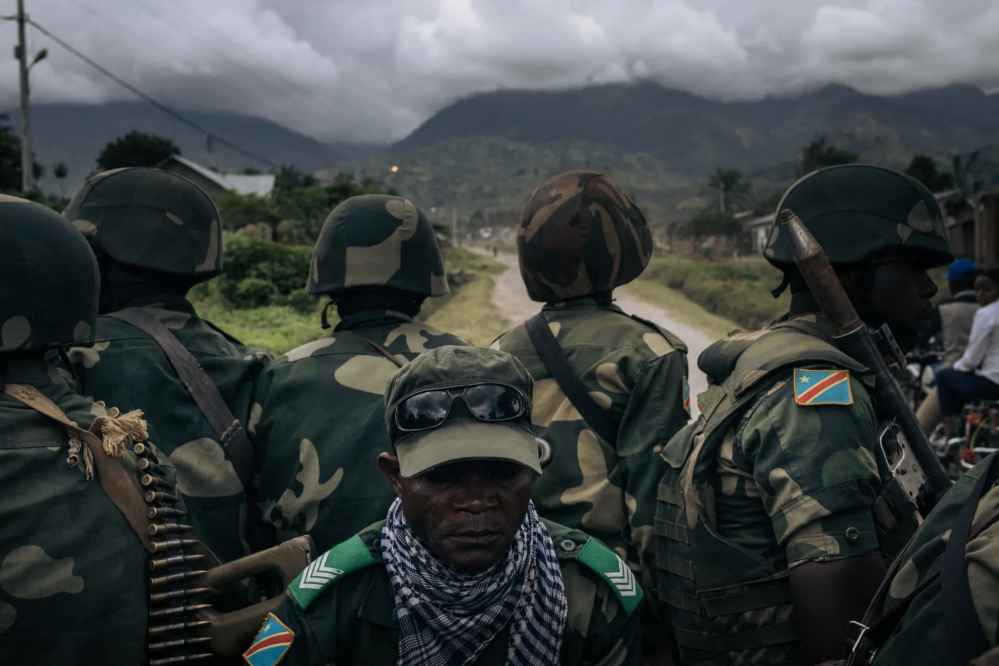Regional
SADC, Burundi fighting wrong war in eastern DRC
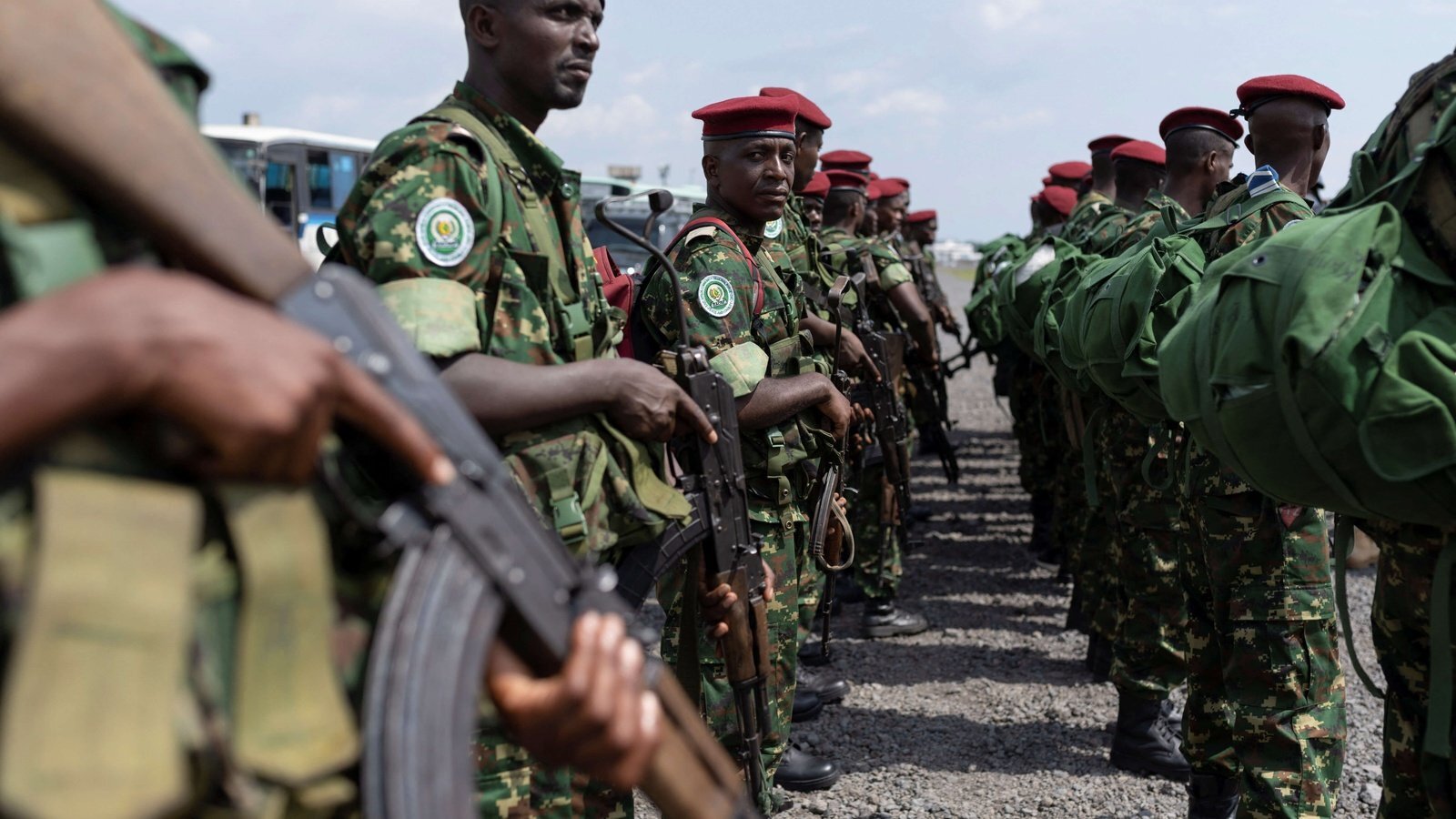
The increasing involvement of SADC and Burundian soldiers in the escalating security crisis in the east of the Democratic Republic of Congo (DRC) is alarming for the Congolese. These forces are a grave concern as they engage in combat against the very people they are meant to safeguard, further aggravating internal tensions.
On May
13, in the programme ‘Dialogue entre Congolais’ of Radio Okapi which is
sponsored by the UN, the spokesperson of the Congolese government, Patrick
Muyaya, said that diplomatic processes have not yielded results in the conflict
that has been going on for years in eastern DRC and that they want a military
solution.
Since
the beginning of 2024, the deployment of SADC and Burundian soldiers to eastern
DRC brought no peace, as these forces aim to resolve conflicts militarily, and
their involvement is exacerbating the situation.
SADC
and Burundi have been conducting offensive operations against the M23 rebels,
resulting in the deaths and displacement of hundreds of thousands more Congolese
people and increasing the risk to the local population.
These
violent acts against Kinyarwanda-speaking community in DRC revealed to the
public that Kinshasa and its coalition are incapable of ensuring their safety.
Consequently, people are beginning to exercise sound judgment and are opting
for an alternative path that promises lasting peace and security.
The
M23 rebels have been organizing events in liberated areas, attracting large
numbers of Congolese who are happy with the rebels. The local population feels
secure, as they are familiar with this group. This contradicts Kinshasa’s
narrative that M23 is a terrorist organization, as no terrorists have ever
engaged with the population in this manner.
In
Ngungu, on May 12, the Congolese population emphasized that their issues are
their own and that they do not need Burundi or SADC to solve them.
The
M23 rebels are fighting to defend themselves against an existential threat. If
Kinyarwanda-speaking Congolese do not fight, they will all be exterminated.
Some
elements of Wazalendo armed groups, created by Congolese President Félix
Tshisekedi defected to M23 after recognizing the legitimacy of the rebel
group's cause. This move indicates the growing popularity of M23 in the areas
under its control. The local population trusts the rebellion.
Unfortunately,
SADC and Burundi are cooperating with the Congolese government to eliminate the
only group that is attempting to bring relative calm in the volatile east of
the DRC.
The
cooperation between the population and the rebel group highlights that SADC and
Burundian troops are, in fact, undermining peace rather than promoting it by
fighting the M23.
SADC and Burundi have been trapped into
Tshisekedi’s ethnic cleansing agenda and agreed to deploy their forces in
eastern DRC as an offensive force to battle M23 rebels, in spite of the path of
political dialogue proposed by EAC leaders in a bid to end the conflict in
eastern DRC.
In 2013, the UN Force Intervention Brigade (FIB) defeated the M23 militarily. However, the rebellion has reemerged because the conflict cannot be resolved without addressing its root causes.
The
SADC and Burundian forces driven by personal interests chose to support a side
that knowingly denies human rights to its own citizens. They should be
prioritizing EAC’s resolutions, which emphasized political dialogue, over
Tshisekedi’s push for a military approach against the M23 rebels. They took the
wrong path and opted for war to appease Tshisekedi.


